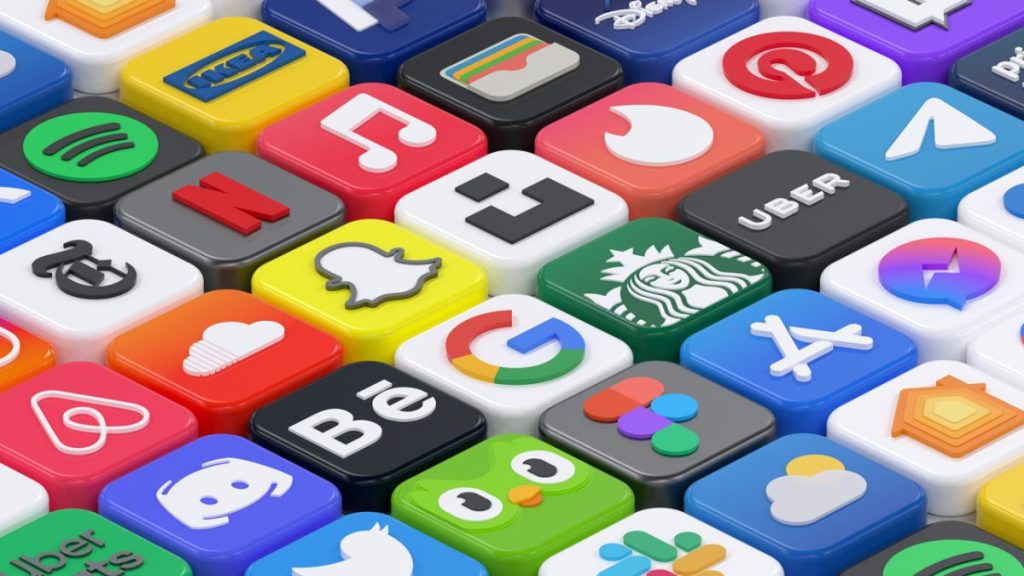Apple is one of the world’s largest companies, wielding economic power that surpasses many countries. However, even this doesn’t exempt the tech giant from adhering to regulations and oversight. For instance, following a European Union decision last year, Apple abandoned the Lightning port and started using the USB-C port in the iPhone 15 series. Now, due to another EU influence, the company is relenting on one of its major stances. Starting from next year, it will be possible to install APKs on the iPhone.
Apple’s App Store Monopoly Challenged as EU Ruling Forces New Rules
If you’re an Android user, you’ve likely ventured outside of the Google Play Store to install applications by downloading APK files. Bypassing Google and installing apps using APKs might not be challenging for you. However, for iPhone users, it’s not so simple, as they are always bound by Apple’s rules with no alternative to the App Store. But soon, installing APKs on the iPhone will become a reality.

To clarify, when we say “installing APK on the iPhone,” we are using familiar terminology. However, APK stands for Android Package Kit and is a file type specific to the Android platform. So, technically, installing APKs on the iPhone is not feasible. The iOS equivalent of APK is IPA, a file format used for distributing iOS applications. Similar to APKs, IPAs contain the application’s code, images, and other resources.
The term for installing applications outside the official app store is called sideloading. The Digital Markets Act, enacted by the European Union on November 1, 2022, enables Apple users to perform the action referred to as “installing APK on the iPhone.” So, when will this happen?
As mentioned earlier, the law is already in effect, meaning Apple is now obligated to implement it. However, the company has requested additional time, citing that its systems are not yet ready. The EU has accepted this request on the condition that the feature will be introduced no later than the iOS 17.2 update in 2024.
Of course, Apple has the option not to comply with the rules of the European Union. However, this could result in penalties amounting to 20% of its global revenue. Failing to pay these penalties could lead to sanctions such as a ban on sales in Europe. Therefore, Apple has no other choice. But why is Apple against sideloading?
Why is Apple against sideloading?
The disruption of the App Store economy could be a significant factor. Apple may argue potential security vulnerabilities as its reason, claiming that iPhones are more secure than Android due to their closed-system design. If everyone starts installing apps from external sources, this could change. However, the reality is a bit different.
The tech giant currently takes a 15% to 30% commission from the earnings of all applications on the App Store. Whether you buy diamonds in a game or subscribe to a service, a portion goes to Apple. Now, app developers might be able to change this and avoid the so-called “Apple Tax.” However, opening the door to pirated installations could also complicate matters for app developers.
What the future holds for Apple and App Store developers is currently uncertain. Nevertheless, the ability to install APKs on the iPhone is a positive development for users amid these uncertainties.
RELATED:
- Xiaomi 14 Pro vs iPhone 15 Pro: Specs Comparison
- Apple iPad refresh may include OLED iPad Pros and 12.9″ iPad…
- Leaked details reveal Apple’s second-gen Vision Pro headset, codenamed Project Alaska
- Teardown of 14-inch MacBook Pro with M3 chips reveals few design changes
- Apple silicon GPUs get even better with Parallel Processing improvements in M3 and A17 Pro
(via)







